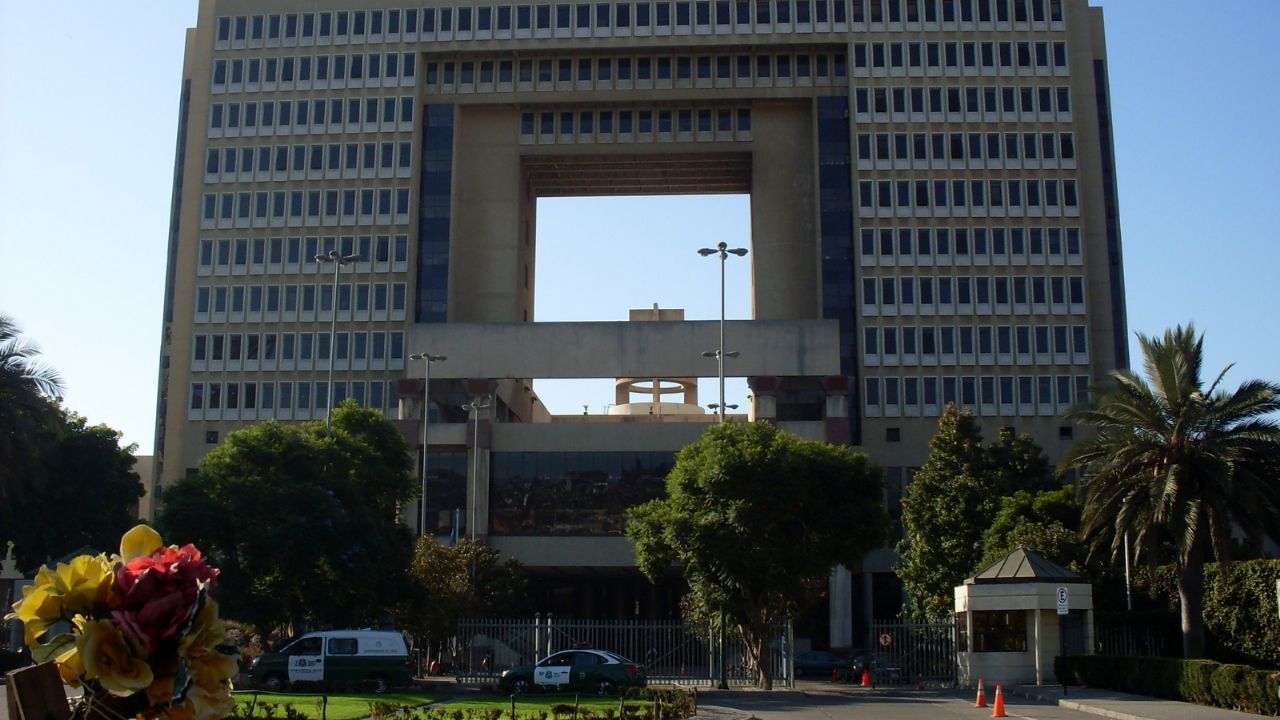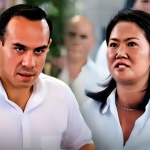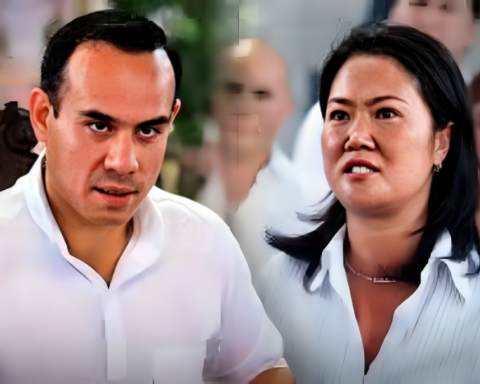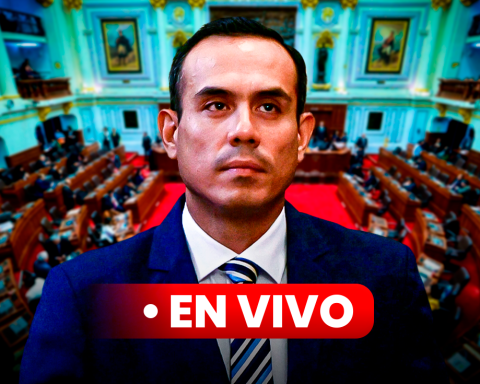With the votes in favor of the senators Pedro Araya, Alfonso de Urresti and Francisco Huenchumilla and the votes against the senators Ebensperger Light and Rodrigo Galilea, the Senate Constitution Commission approved in general the project that modifies the fundamental letter to authorize, for the fourth time, the early withdrawal of up to 10% of pension funds.
With this, the initiative was in a position to be submitted to the consideration of the Chamber and as explained by the president of the Commission, Senator Pedro Araya, the date on which it will be analyzed by the plenary session is the decision of the parliamentary committees.
Senators were also present at the session Carlos Bianchi and Loreto Carvajal.
FOUNDATIONS
The first to base her vote was the senator Ebensperger Light who pointed out that the initiative has formal and substantive problems, since it considers that the reform is unconstitutional – since it would be the exclusive initiative of the Republic President– and the quorum for approval should be 2/3, that is, 29 votes, and not 3/5, which is 26 votes.
Added that “This is the worst public policy and this project will negatively affect many more people than those who believe they benefit from making a fourth withdrawal, the policy of withdrawals violates the principle of mandatory contributions … let’s not advance in more withdrawals and once and for all let’s sit down and modify the pension system. “
Then the senator Rodrigo Galilea said “This project causes an immense deterioration in people’s savings and in what has to do with life annuities … this generates inflation and benefits the more affluent segments, those that have been hit more permanently … it immediately damages the annuities, it is a confiscation of funds. “
Added that “As this generates much more damage than the benefit it intends to deliver, I vote against”
A different opinion gave the senator Alfonso De Urresti, who stated that the underlying debate is that this system was created without democratic participation and “People don’t trust him … trust was lost.”
Stated that “What I wish most is that in the presidential debate, whoever is President and the entire political arc we have a pension system at the height of this country, but without vetoes … I hope that the corresponding speed will be given so that they can vote. next week in table “
In turn, the senator Francisco Huenchumilla, expressed his disagreement with the idea of voting only in general on this project and not also in particular before taking it to the Chamber. “It seems to me that we should have presented our positions and positions clearly before the country, because with the presentation of indications, this will be voted on after the elections.”
He also said that “Entrepreneurs have to understand that this model has finished its cycle. Beyond all economic explanations, entrepreneurs have to understand that this system is not believed by people at all, it has been delegitimized”
Meanwhile, the president of the Commission, senator Pedro Araya reiterated its position regarding the quorum required to approve this reform, noting that it is 3/5 (26 votes) and that it is constitutional since “Parliamentarians have no limits when it comes to presenting constitutional reforms.”
Added that “This fourth retirement is the retirement of the middle class, in order to level the playing field and alleviate the burden of many families” and he asked the senators to open up to approve this initiative in general, and then make some modifications, arguing that “yes there is a will in the Senate, it may be possible that we generate a project that helps families. “
SCOPE
Before voting, the Commission heard the president of the AFP Chile Association, Alejandra Cox, and the vice president of Center for National Studies of Alternative Development (CENDA), Manuel Riesco. While the first referred to the effects that the fourth withdrawal can bring on the AFP’s, the second defended the initiative, pointing out that it is one of the best public policies.
Alejandra Cox noted that a new recall would damage “future pensions, programmed retirement pensions, a sharp drop in the value of Chilean assets and alarming effects on Chilean households”, such as the lower value of the peso against the dollar and increases in interest rates on mortgage loans.
He indicated that if a fourth withdrawal were to take place, a total of $ 65 billion among all advances of funds, which represents a 70% of the budget 2022, in addition to producing a pension damage equivalent to 7 years less of contributions among men and 8 years less in the case of women.
Regarding the impact on pension savings, he said that 5 million affiliates would run out of funds (after all withdrawals), 1 million 156 thousand people would withdraw less than 100 thousand pesos; 2 million 300 thousand people would withdraw less than 500 thousand pesos; and 2 million 785 thousand people would withdraw 100% of their balance.
For its part, Manuel Riesco He said that by authorizing the previous withdrawals, Parliament imposed its democratic authority “in the face of fierce resistance from a group of super-enriched businessmen at the cost of millions of pensioners abused for years.”
He stated that withdrawals “They have been one of the greatest measures of positive impact” and the most important economic reactivation policy, since it has made it possible to improve the distribution of income in the national population.
In his opinion, the Chilean economic authorities are making mistakes by cutting programs, reducing the budget by a fifth and raising interest rates, measures that can lead to a recession. In this sense, he said that “By approving a fourth withdrawal, Parliament will prevent bad public policies from causing a new recession … this fourth withdrawal will continue to repair the abuse that has infringed the forced savings of the AFPs”
For his part the Minister of Labor and Social Welfare, Patricio melero and the Superintendent of Pensions, Osvaldo Macías, They reiterated their arguments against the project, due to the effects it would have on pensions.
SOURCE: Senate


















